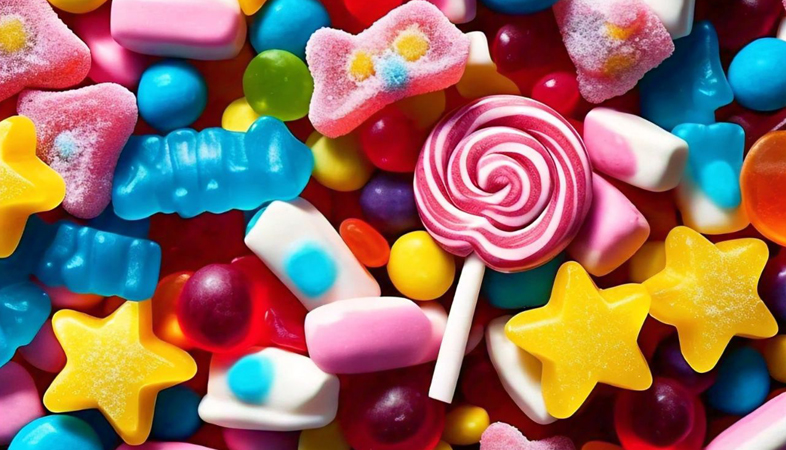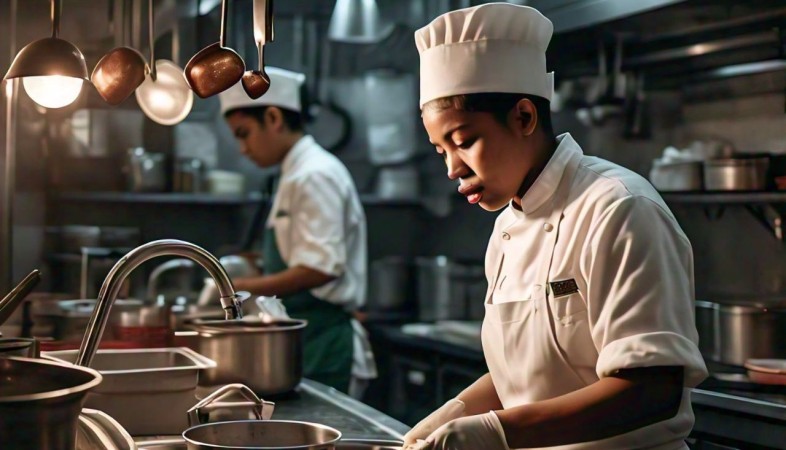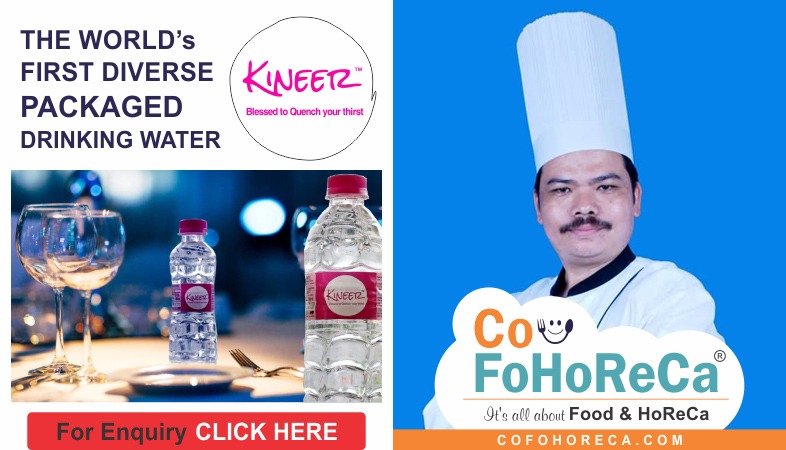SHARE
Commercials
More Posts
Nov 18, 2024
Bela Pana - By Biswajit Das
Mar 11, 2025
Dabeli - By Chef Falguni Somaiya
Jan 30, 2025
Vegan Ravioli - By Chef Manoj Rathore
Nov 20, 2024
Cinnamon Butter Rolls - By Manoj Rathore
Nov 18, 2024
Bela Pana - By Biswajit Das
Mar 11, 2025
Dabeli - By Chef Falguni Somaiya
Jan 30, 2025
Vegan Ravioli - By Chef Manoj Rathore
Nov 20, 2024
.png)



























